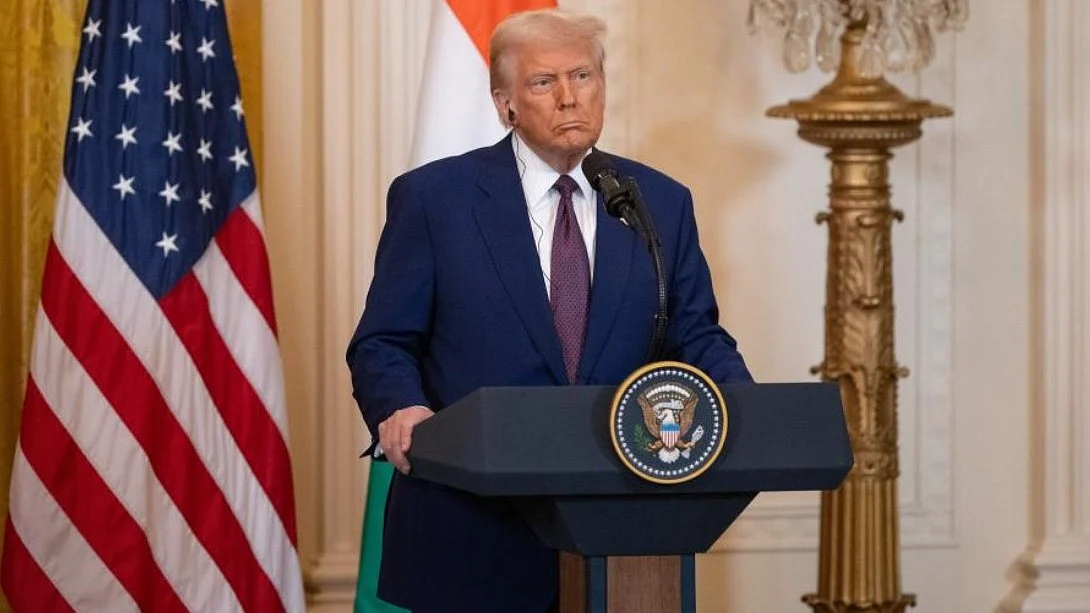Trump’s $100K H-1B visa fee faces pushback from unions and businesses
US president has defended his move by citing concerns over national security and economic stability

A coalition of unions, employers and religious organisations has filed a lawsuit in a US federal court to stop President Donald Trump’s plan to impose a $100,000 fee on new H-1B visas for highly skilled foreign workers.
The case, lodged in San Francisco on Friday, is the first legal challenge to Trump’s proclamation issued last month. The plaintiffs, including the United Auto Workers union and the American Association of University Professors, argue that the president lacks authority to override the law governing the H-1B visa scheme. They contend that only Congress has the power to set visa fees or raise revenue through taxation.
The H-1B programme allows US companies to employ foreign professionals in specialised fields, with technology firms being among the heaviest users. Employers currently pay between $2,000 and $5,000 in fees depending on company size and other factors. Trump’s order would bar new H-1B recipients from entering the country unless the sponsoring employer pays an additional $100,000. The directive, however, does not apply to current visa holders or applications filed before 21 September.
Critics of the visa system argue that employers exploit it to replace American workers with cheaper foreign labour. Supporters, particularly in the tech sector, insist that H-1Bs are vital to addressing the shortage of qualified US workers in science and technology.
Trump has defended his move by citing concerns over national security and economic stability, claiming that the “large-scale replacement of American workers” undermines the programme’s integrity and discourages Americans from pursuing technical careers.
The lawsuit, however, describes the proclamation as unlawful, warning that it effectively converts the H-1B system into a “pay to play” model subject to selective enforcement. The plaintiffs also argue that the Department of Homeland Security and the State Department adopted new rules without proper consultation, ignoring the risk that such exorbitant fees could stifle innovation.
Each year, the H-1B scheme issues 65,000 visas for temporary foreign workers in specialised fields, with an additional 20,000 reserved for advanced degree holders. India remains the largest source of beneficiaries, accounting for 71 per cent of approvals last year, followed by China at 11.7 per cent, according to official data.
With agency inputs
Follow us on: Facebook, Twitter, Google News, Instagram
Join our official telegram channel (@nationalherald) and stay updated with the latest headlines
